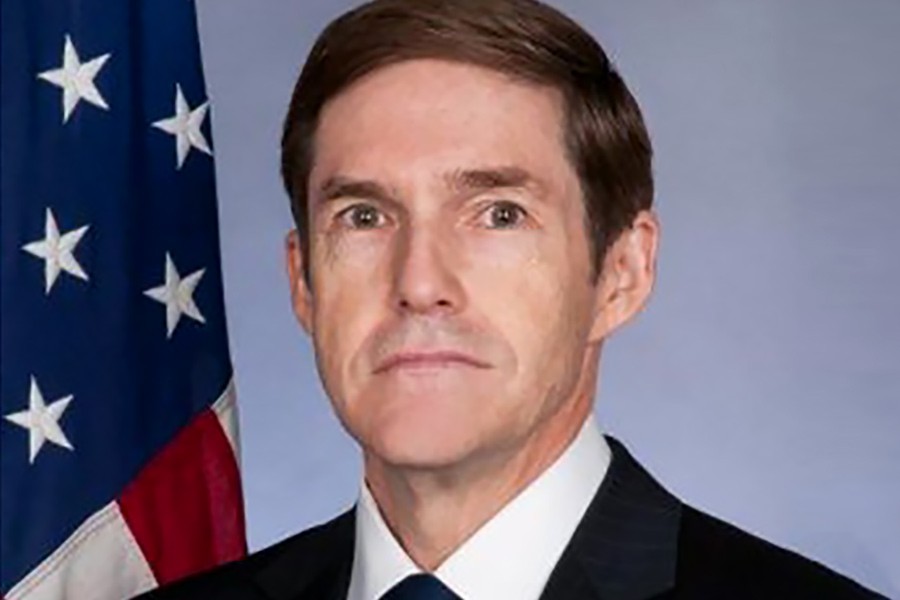US Ambassador to Bangladesh Earl R Miller has said all political parties should refuse violence to ensure peaceful election campaign ahead of 11th parliamentary election.
"Violence hinders the democratic process. It only serves those who want to undermine that (democracy)," the envoy said.
The US Ambassador made the remarks while taking to reporters after a meeting with Chief Election Commissioner KM Nurul Huda on election issue at the latter's office in the city on Tuesday, reports UNB.
Earl R Miller said the US does not support any party or candidate but it supports democracy and democratic values.
"All parties should be free to participate in the polls and political process. They should be free to express their political views, campaign and hold peaceful rallies and meetings," he said.
Noting freedom of expression is vital for healthy democracy, he said democracy flourishes through frequent and lively debate.
"Everyone, no matter of the political party or sentiment, should act peacefully and responsibly.
Ambassador Miller said the United States encourages the government of Bangladesh to hold, as Prime Minister Sheikh Hasina has said, a 'free, fair and credible election'.
He said the US will be supporting election observation teams adding that US-funded National Democratic Institute (NID) sent a five-member pre-assessment mission to Bangladesh in October followed by the second pre-assessment mission in December.
Miller said the US embassy will deploy separate election observation teams across Bangladesh.
In cooperation with the UK and Switzerland, it is funding 15,000 local election observers working under Election Working Group (EWG), a consortium of civil society organisations.
The US Ambassador said the NDI's sub-grant partner, the Asian Network for Free Election, has dedicated two international electoral analysts to cover the election and will be sending international long- and short-term observers.
Millar said the US embassy will deploy separate election observation teams throughout Bangladesh in cooperation with the United Kingdom and Switzerland which is also funding 15,000 domestic election observers working under the EWG.


